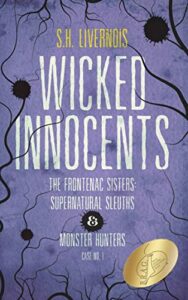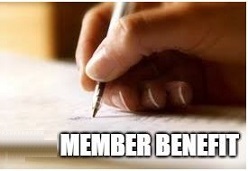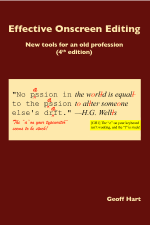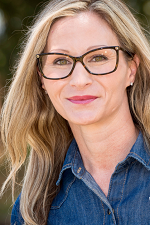Author: S.H. Livernois
A young girl claims that her family has changed. Not in personality, but as if their bodies have been overtaken. Nelly Huggett does not feel loved by her mother, and people say she exaggerates a bit too much. Fellow classmates have ridiculed her, and her brother doesn’t even like her. So is Nelly telling the truth?
While her aunt takes Nelly in when she runs away from home on the night of Halloween, Aunt Emma believes Nelly is lying. However, it has been three days and no one has answered the phone at the Huggett house, not even a cellphone.
The Frontenac sisters, Hyla and Lizeth, are on the case. As supernatural sleuths, Hyla and Lizeth drive to the home of Aunt Emma at the bequest of a phone call from Nelly. After confronting Emma’s denial that anything is going on in Nelly’s house, the four of them drive to Nelly’s home in search of clues.
In Wicked Innocents, S.H. Livernois quickly builds suspense through the description of the emptiness and eeriness of the Huggett home. And then once the missing family members are discovered, the mystery evolves as the Frontenac sisters continue to investigate to determine if Nelly is telling the truth or filled with anger and lies.
While there is not an overwhelming number of characters, there are a handful of characters that are easily confused. The Frontenac sisters, Hyla and Lizeth, have different strengths, but their personalities are not different enough, making them easily confused. Emma and Gillian, Nelly’s aunt and mother, respectively, can easily be confused, leading to some interactions needing to be re-read. And Miles and Jack, Nelly’s father and brother, can be confused too, especially in a discussion about a dispute with a neighbor.
Though additional description of these characters could be added to further separate them from one another, and this lack of description causes some slowdown in the reading to completely understand a few scenes, this does not take away from the overall enjoyment of the book.
In reading this novel, it was obvious the book is still in need of a proofreader. There were errors in punctuation and a few developmental questions, such as an undifferentiated pronoun, making a sentence difficult to understand.
Overall, we enjoyed this novel. The author has a skill for writing mystery and suspense to capture the audience and involve the reader until the end.

 Wicked Innocents
Wicked Innocents January 2: National Science Fiction Day. American author and Boston University professor of biochemistry Isaac Asimov was born on January 2, 1920. He was best known for his works of science fiction and his popular science books.
January 2: National Science Fiction Day. American author and Boston University professor of biochemistry Isaac Asimov was born on January 2, 1920. He was best known for his works of science fiction and his popular science books.


 We wanted to get to know Ashley Henyan (
We wanted to get to know Ashley Henyan ( Today’s
Today’s  December: National Write a Business Plan Month. As a freelancer, you are a business owner, so consider writing a business plan this month!
December: National Write a Business Plan Month. As a freelancer, you are a business owner, so consider writing a business plan this month!